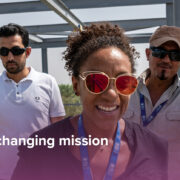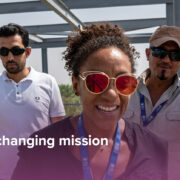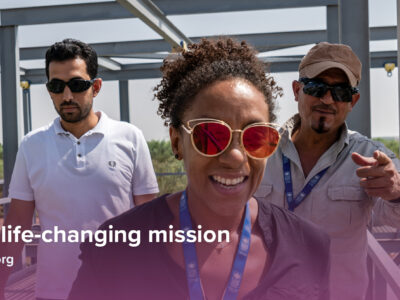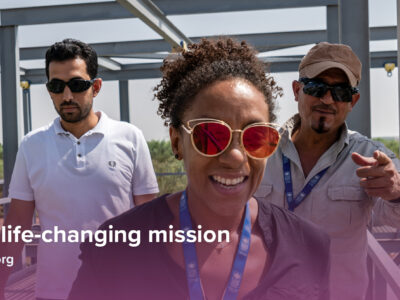UN Women, grounded in the vision of equality enshrined in the Charter of the United Nations, works for the elimination of discrimination against women and girls; the empowerment of women; and the achievement of equality between women and men as partners and beneficiaries of development, human rights, humanitarian action and peace and security. Placing women’s rights at the center of all its efforts, UN Women will lead and coordinate United Nations system efforts to ensure that commitments on gender equality and gender mainstreaming translate into action throughout the world. It will provide strong and coherent leadership in support of Member States’ priorities and efforts, building effective partnerships with civil society and other relevant actors.
Since 2008, UN Women in collaboration with UNICEF, UNFPA, World Bank, WHO and UNAIDS have joined forces under the H6+ partnership with the goal of improving health outcomes for women, children and adolescents. The purpose of the H6 is to “leverage the collective strengths and complementary advantages and capacities of each of its six member organizations in order to support countries with high burdens of maternal, neonatal, child and adolescent mortality and morbidity in their efforts to improve the survival, health and well-being of every woman, newborn, child and adolescent”. To deliver on its purpose, the H6+ Partnership supports country implementation through: (a) coordinating and providing technical assistance; (b) convening policy makers, service providers and partners to discuss and agree on priorities and joint response; and, (c) advocating for strengthening health systems for improving equitable access to and use of quality SRMNCAH information, care and services in all settings.
Using its comparative advantage as the go-to Agency for gender equality advisory and technical, UN Women Uganda CO would like to undertake a comprehensive analysis of the legal, policy, programme, advocacy and resource mobilisation strategies for SRMNCAH, rights and access in relation to women and girls in humanitarian settings.











Comments